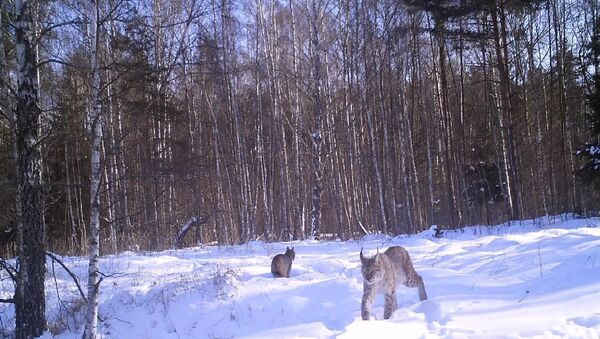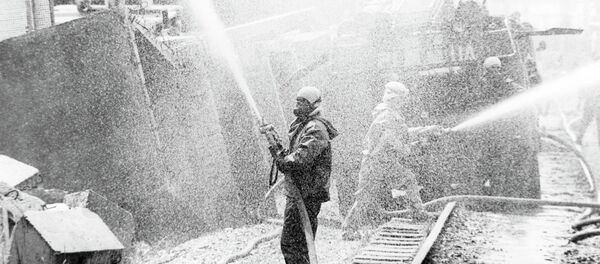It turns out that their bodies suppress the negative effects of ionizing radiation on their DNA and produce large amounts of antioxidants, a study published by Timothy A. Mousseau and Anders P. Møller in the Oxford Journal of Heredity revealed.
"Although there is an overall pattern of decline in animal numbers in direct relation to contamination levels, there is tremendous variability among species in their apparent sensitivity to radionuclides," they wrote. "These findings point to a critical role played by antioxidants in defending against oxidative stress, and a likely physiological trade-off between biochemical precursors that are used for both coloration and as antioxidants."
Over the last few years, researchers have uncovered some interesting and controversial facts about the impact of the radiation. For example, it was found that radiation causes significant mutations among certain species, but does not affect the health of the whole population.
Experts have proved that birds and animals respond to low levels of radiation in very different ways. Some birds and mammal species have decreased in numbers, while others, on the contrary, have increased.
"Some of the variance in apparent sensitivity can be explained by differences in life history, physiology, and behavior. For example, for birds in Chernobyl, long distance migrants, brightly colored species, and species feeding on invertebrates in the soil showed the strongest negative responses to radiation," experts argued.
In turn, other species, including human beings, negatively react to the radiation due to their inability to produce a sufficient number antioxidants. Thus, the study comes to a conclusion that only those species can survive and prosper under radiation that are able to adjust to the radioactive environement and produce more antioxidants.





